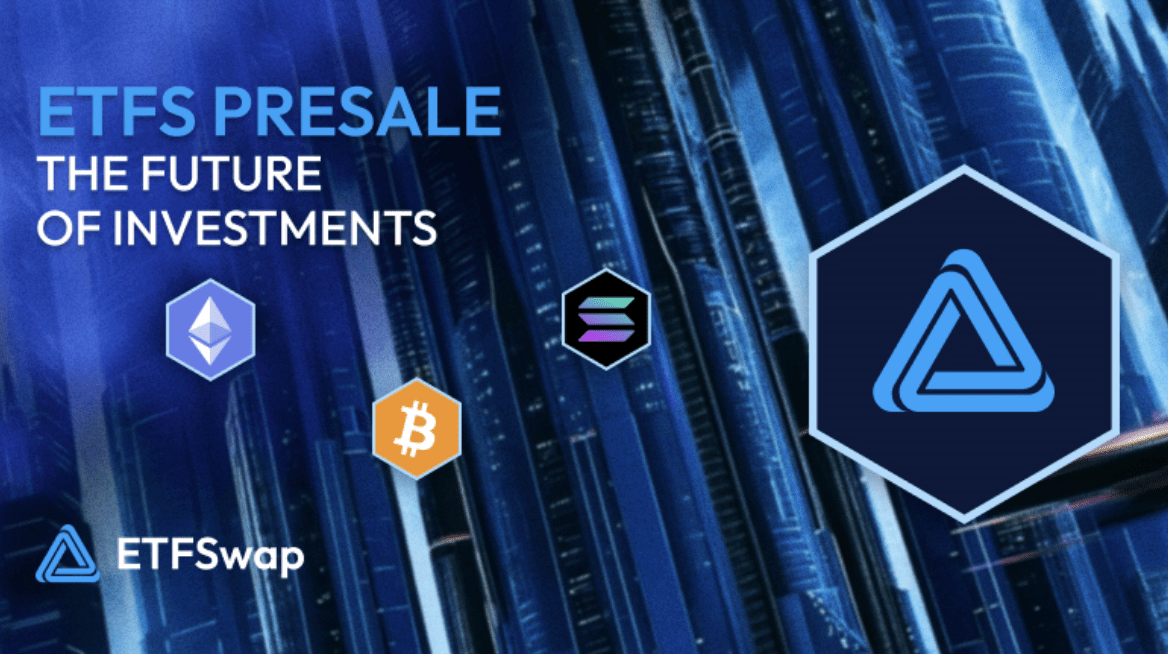Decentralized finance (DeFi) is one of the most popular topics among cryptocurrency enthusiasts. According to deliver, the DeFi aims that DeFi takes power from the government’s banks and gives power to the people. With DeFi, users can provide liquidity, borrow, and lend with smart contracts provided by various decentralized applications (DAPPS). According to onchain data resource, the DeFi pause, the amount locked in DeFi protocols is around US$ 12 billion today.
The question that comes to mind: is DeFi an innovation that will change the world or a bubble that is about to burst?
Comparing DeFi boom to the 2017 ICO bubble
2017 was a year that ICOs became popular because it allowed business owners to raise money without the traditional fundraising systems’ restrictions. Many projects which raised money with ICOs claimed to offer unique business opportunities to investors. But the reality is that many of those companies we're selling snake oils to investors. The founders of those projects invested more funds in beautifully written whitepapers than in executing their projects. Many projects that claimed to offer asset-backed tokens sold the tokens without the assets, and many projects ended up as pump and dump scams. The ICO continued in 2018 and helped the price of Ethereum to reach an all-time high of US $1,400.
Like the ICO bubble days, many DeFi projects offer various smart contracts to change the financial system. Many DeFi projects, just like the ICO boom, are playing on investor's greed by offering them excessive profits. The boom will likely not last because some scandals are already emerging just a few months into DeFi.
The Sushi dump case
An anonymous developer (@ChefNomi on Twitter) forked his project Sushi swap from another DeFi project, Uniswap. The only difference is that the Sushiswap token rewards both liquidity providers and token holders. Chef Nomi swapped his US$ 14 million of his Sushi tokens for Ethereum, leaving a piece of worthless tokens for other investors. When the crypto community called him out, he returned the treasury funds and apologized on Twitter. Chef Nomi tweeted,
"To everyone. I fucked up. And I am sorry."
It is good that Chef Nomi returned his tokens and apologized, but the challenge is that the DeFi space gives large token holders excessive power. It means they decide the direction in which the tokens go and punish holders of small tokens. We will likely see more dump cases in the coming months as the DeFi space becomes more massive.
The case of unaudited smart contract
Yam Finance is one of the most popular DeFi projects. There was a time in August this year that investors locked US$ 500 million in yam finance within 24 hours. The smart contract of yam finance unaudited. Erik Voorhees called the project scam, but that didn't stop investors from locking more funds because of the prospect of earning excessive profit from the protocol. The frenzy was over when the team discovered a bug in the code. Yam Finance tweeted,
“We have found a bug in the rebasing contract. All funds in staking contract are safe, as this is an unrelated part of the protocol.”
The price of yam finance fell from US$ 167.66 to US$ 0.97 within a few hours. Investors putting their money in high-risk smart contracts might hurt the future of the DeFi space. Ethereum co-founder Vitalik Buterin spoke about smart contract risk on Laura's Unchained podcast.
“I think one big one is just that a lot of people are underestimating smart contract risk.”
Increasing gas fees
The DeFi frenzy increased the number of transactions going on the Ethereum network, which drove gas fees to more than 100x the original gas fees. Ethereum plans to solve this problem by rolling out Ethereum 2.0 to improve transaction speed and reduce fees. The DeFi space depends on liquidity to thrive if gas fees remain high. The huge interest in DeFi projects will likely wane.
Conclusion
The DeFi boom has been compared to the 2017 ICO bubble by many cryptocurrency experts. Many projects are claiming to change the financial system. Still, it seems that many DeFi projects are not sustainable. This period will likely end up like the ICO bubble when investors lose interest entirely in DeFi projects.
Investment Disclaimer








